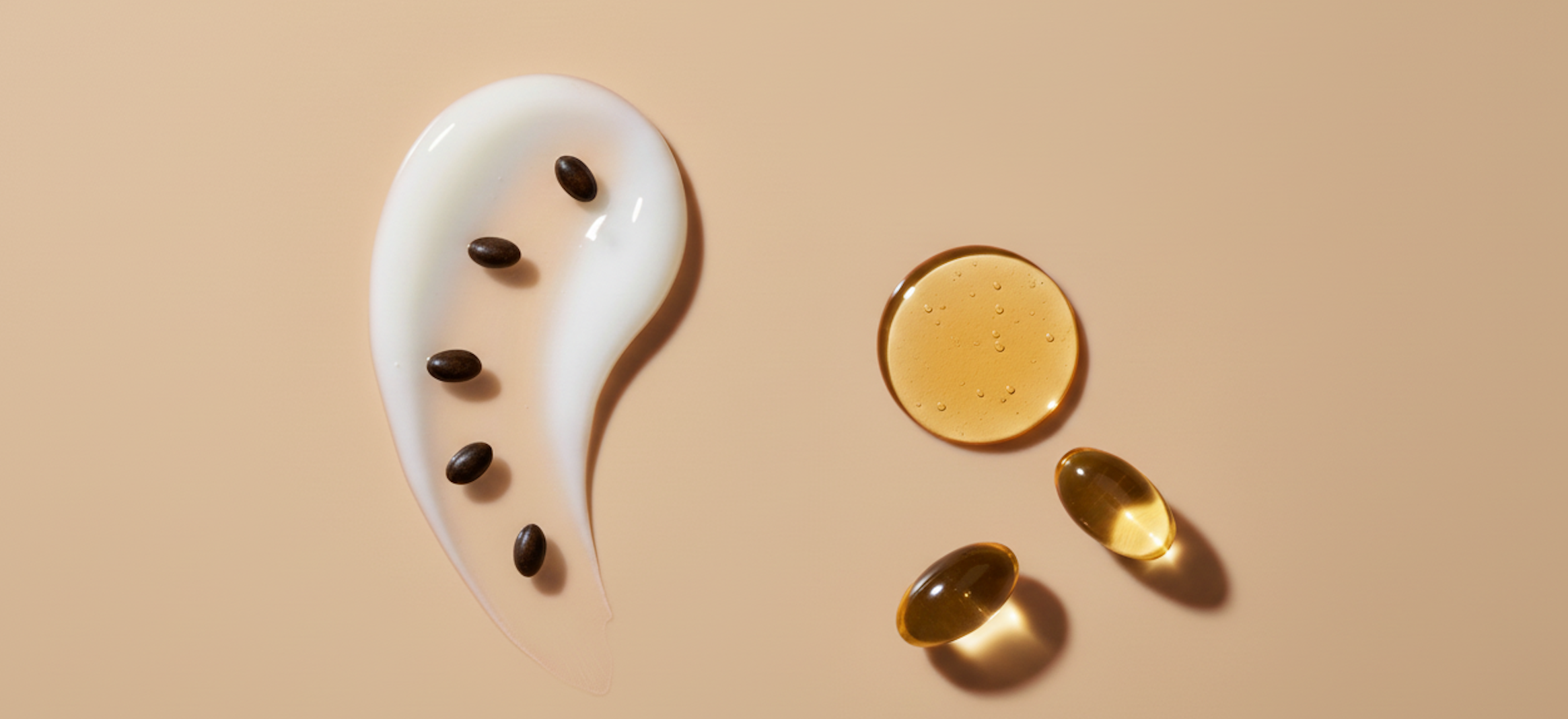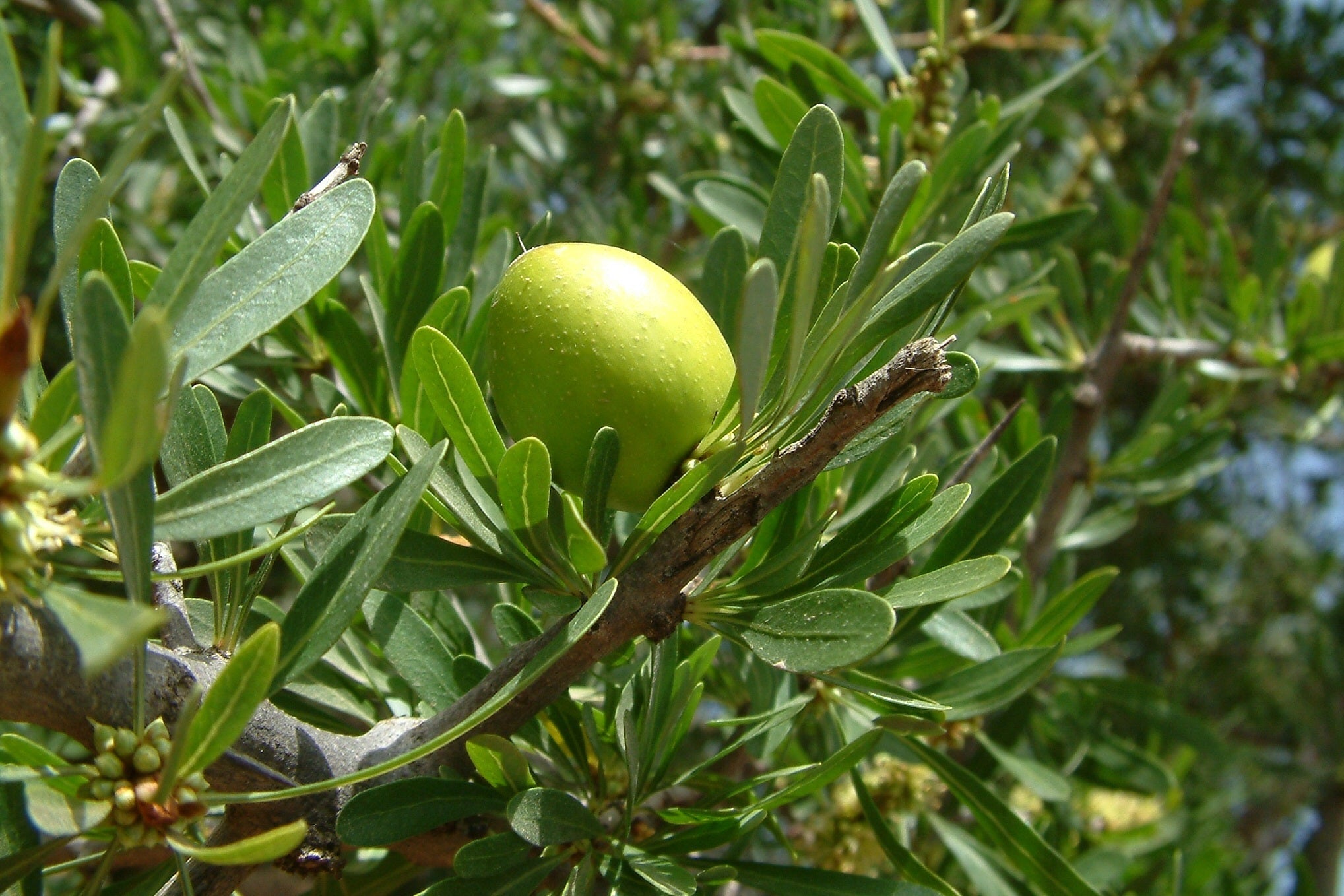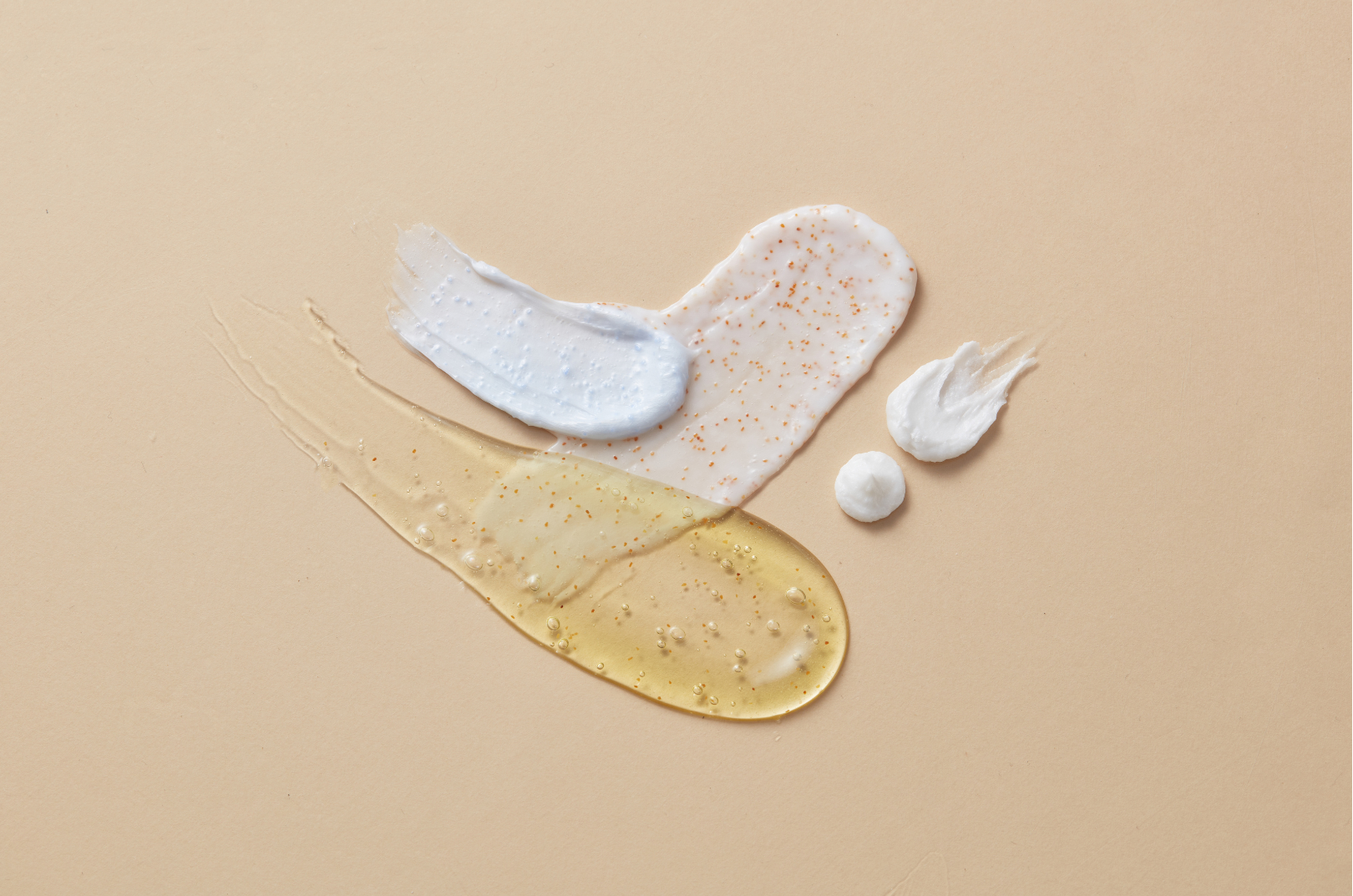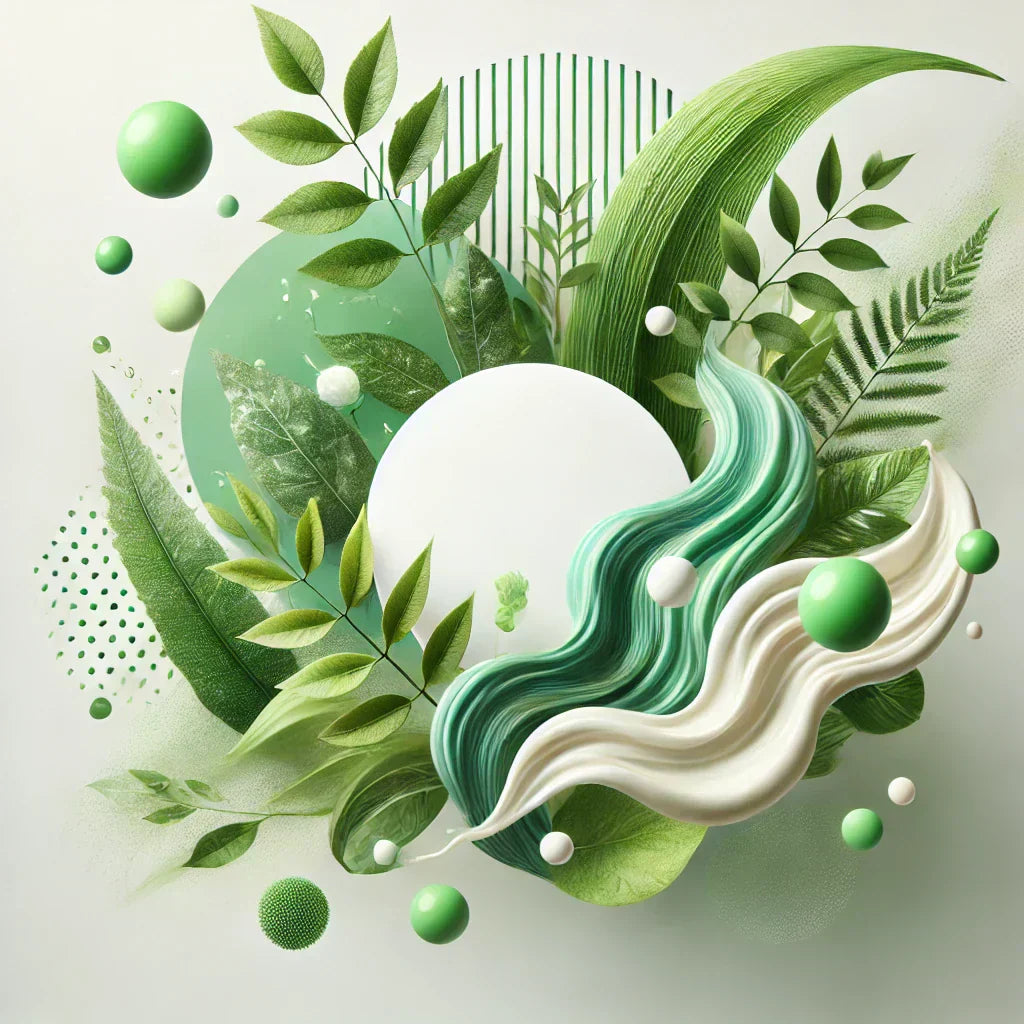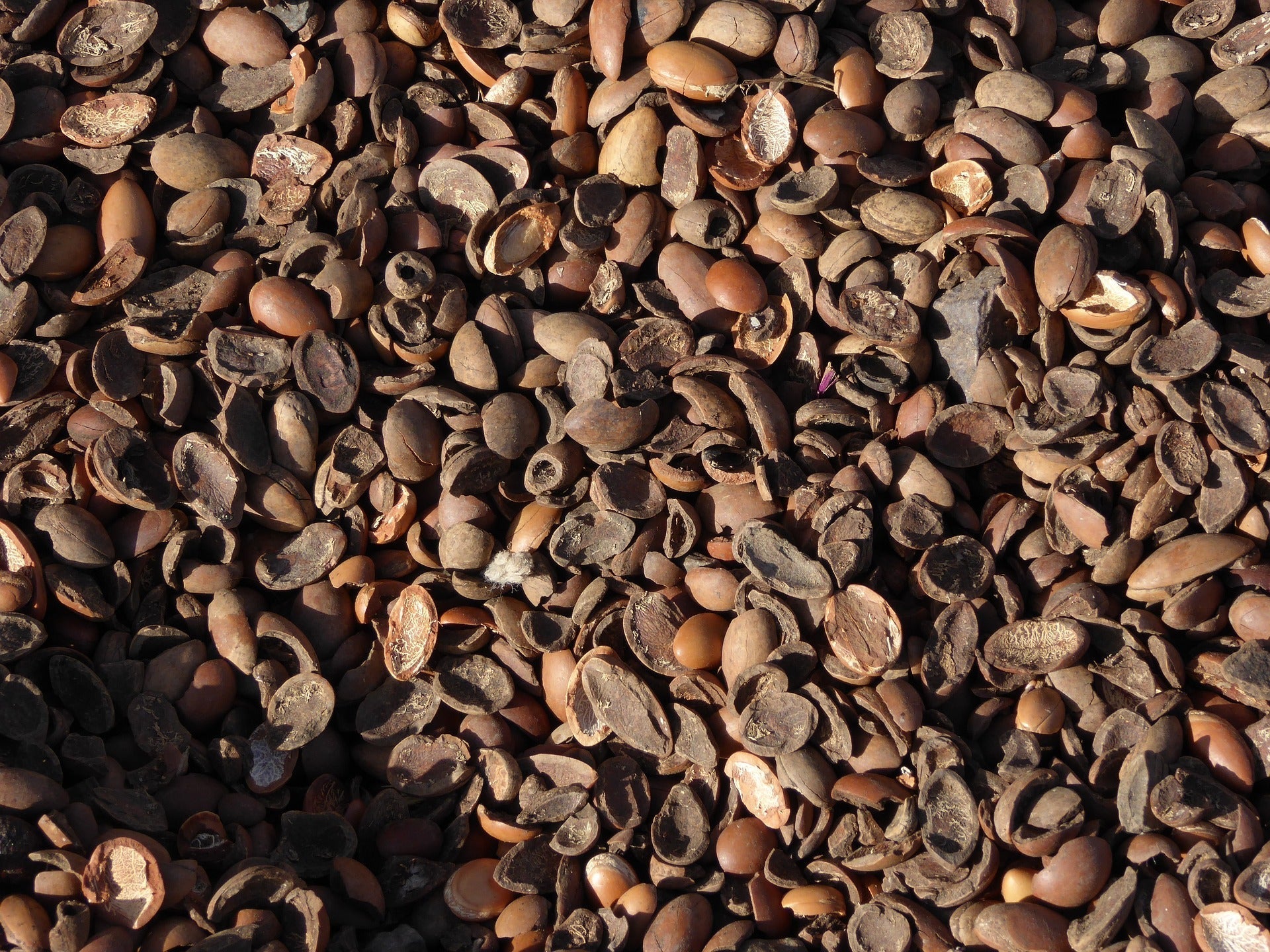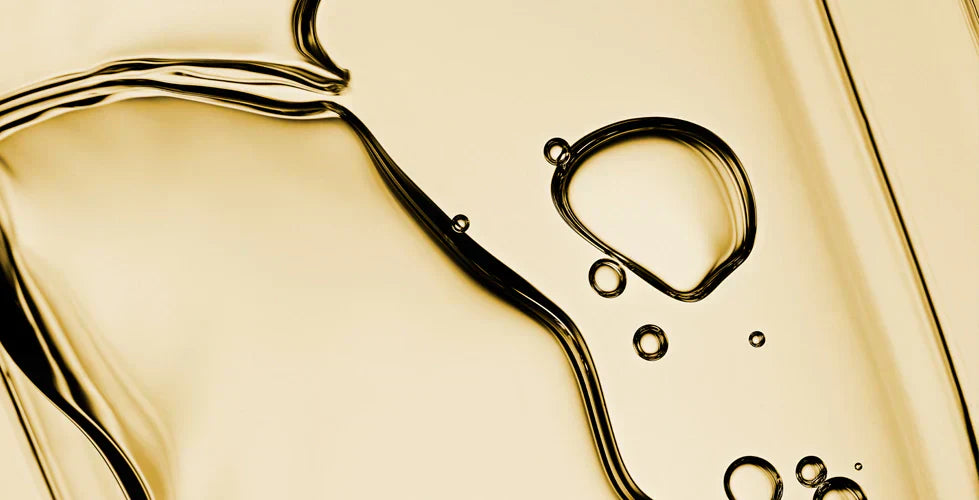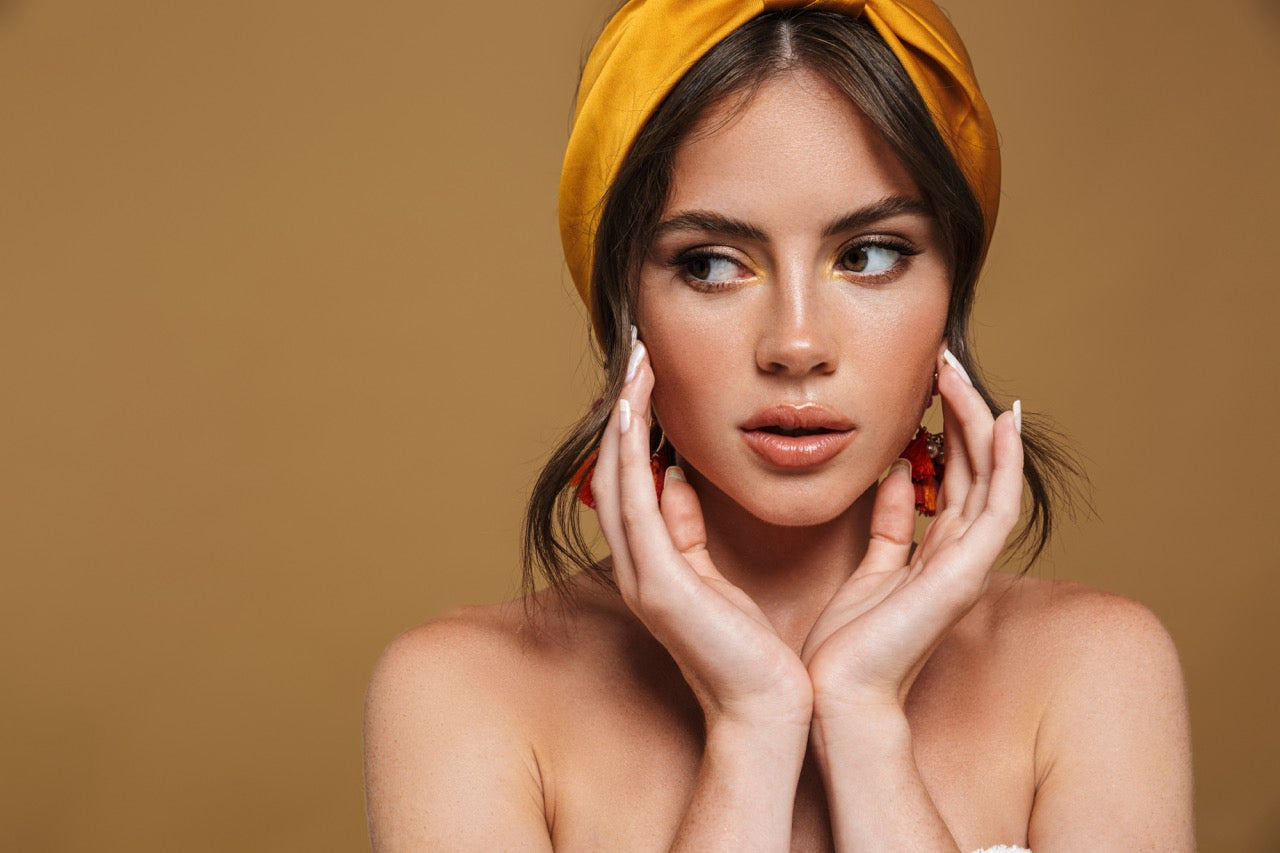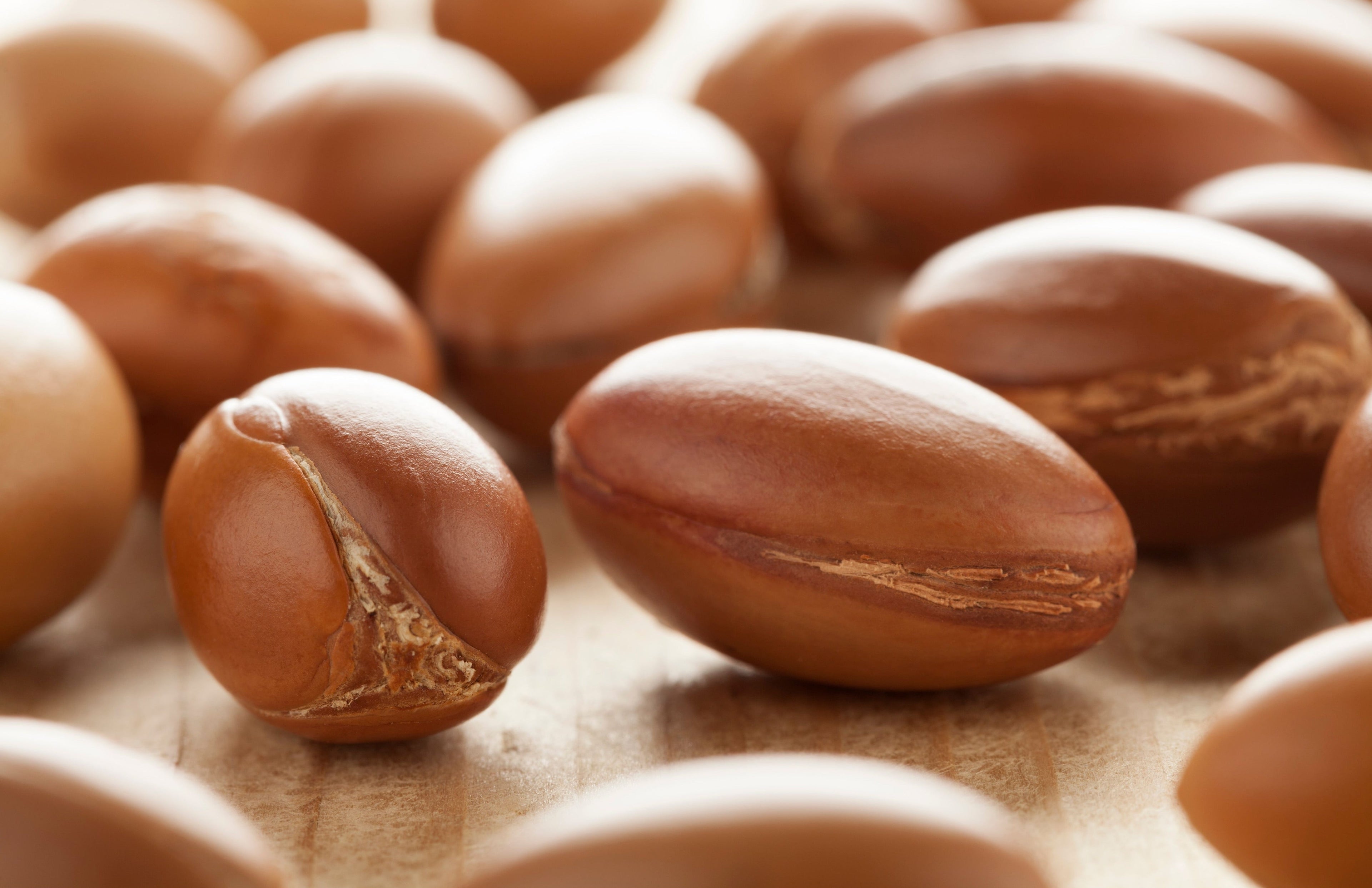In the ever-evolving world of skincare, two ingredients have been making waves: bakuchiol and retinol. Both are touted as powerful anti-aging solutions, but the similarities often end there. As consumers navigate the complexities of these ingredients, it's crucial to understand the key differences and determine which one might be the better fit for their skin.
What is Bakuchiol?

Bakuchiol is a plant-derived compound found in the seeds and leaves of the Psoralea corylifolia plant, also known as the "babchi" plant. This natural alternative to retinol has been used in traditional Chinese and Ayurvedic medicine for centuries, and its popularity in the Western skincare market has been steadily rising in recent years.
Unlike retinol, which is derived from vitamin A, bakuchiol is a unique compound that mimics the effects of retinol without the potential irritation and sensitivity often associated with it. Bakuchiol has been shown to have similar benefits to retinol, including the ability to reduce the appearance of fine lines and wrinkles, improve skin texture, and even out skin tone.
One of the key advantages of bakuchiol is that it is generally considered gentler on the skin than retinol. It doesn't cause the same level of dryness, redness, or peeling that some people experience when using retinol-based products. This makes bakuchiol a more suitable option for those with sensitive skin or those who are new to using potent skincare ingredients.
What is Retinol?

Retinol is a form of vitamin A that has long been recognized as a powerful anti-aging ingredient. It works by increasing cell turnover, stimulating collagen production, and reducing the appearance of fine lines and wrinkles. Retinol has also been shown to be effective in treating acne, as it can help unclog pores and reduce inflammation.
However, the potency of retinol can also be its downfall. Retinol can be quite harsh on the skin, especially for those with sensitive or dry complexions. It can cause redness, peeling, and increased sun sensitivity, which can be a deterrent for some users.
To mitigate these side effects, many skincare brands have developed gentler retinol formulations, such as encapsulated or time-release versions. These formulations aim to deliver the benefits of retinol while minimizing the potential for irritation.
The Key Differences
While bakuchiol and retinol share some similarities in their anti-aging effects, there are several key differences between the two:
-
Origin: Bakuchiol is a plant-derived compound, while retinol is a synthetic form of vitamin A.
-
Mechanism of Action: Bakuchiol works by mimicking the effects of retinol, but it does not bind to the same receptors in the skin. This means that bakuchiol may have a different, potentially gentler, effect on the skin.
-
Irritation Potential: As mentioned earlier, retinol can be quite harsh on the skin and cause dryness, redness, and peeling. Bakuchiol, on the other hand, is generally considered a more gentle alternative with a lower risk of irritation.
-
Photosensitivity: Retinol can increase the skin's sensitivity to UV radiation, making it important to use sunscreen when using retinol-based products. Bakuchiol, however, does not appear to have the same effect on photosensitivity.
-
Pregnancy Safety: Retinol is generally not recommended for use during pregnancy due to potential risks to the developing fetus. Bakuchiol, on the other hand, is considered a safer option for pregnant and breastfeeding women.
Which One Should You Use?
The choice between bakuchiol and retinol ultimately comes down to your individual skin type and needs. Here are some general guidelines to help you decide:
If you have sensitive skin: Bakuchiol may be the better option, as it is generally less irritating than retinol.
If you're new to potent skincare ingredients: Bakuchiol can be a great starting point, as it provides many of the same benefits as retinol without the potential for harsh side effects.
If you're pregnant or breastfeeding: Bakuchiol is considered a safer choice than retinol during these times.
If you're looking for a more potent anti-aging solution: Retinol may be the better option, as it has been more extensively studied and has a proven track record of reducing the appearance of fine lines and wrinkles.
It's important to note that both bakuchiol and retinol can be effective in their own ways, and the best approach may be to incorporate both into your skincare routine, using them at different times or in different products. As always, it's recommended to start with a lower concentration and gradually increase the strength to allow your skin to adjust.
Ultimately, the decision between bakuchiol and retinol will depend on your individual skin type, concerns, and preferences. By understanding the key differences between these two powerful ingredients, you can make an informed choice and take a step closer to achieving your desired skin goals.
Conclusion
Bakuchiol and retinol are both powerful anti-aging ingredients that offer a range of benefits for the skin. While they share some similarities, the key differences in their origin, mechanism of action, and potential for irritation make them suitable for different skin types and needs.
By understanding the unique properties of each ingredient, you can make an informed decision and incorporate the one that best fits your skincare routine and goals. Whether you choose bakuchiol, retinol, or a combination of both, the path to healthier, more youthful-looking skin is within reach.
